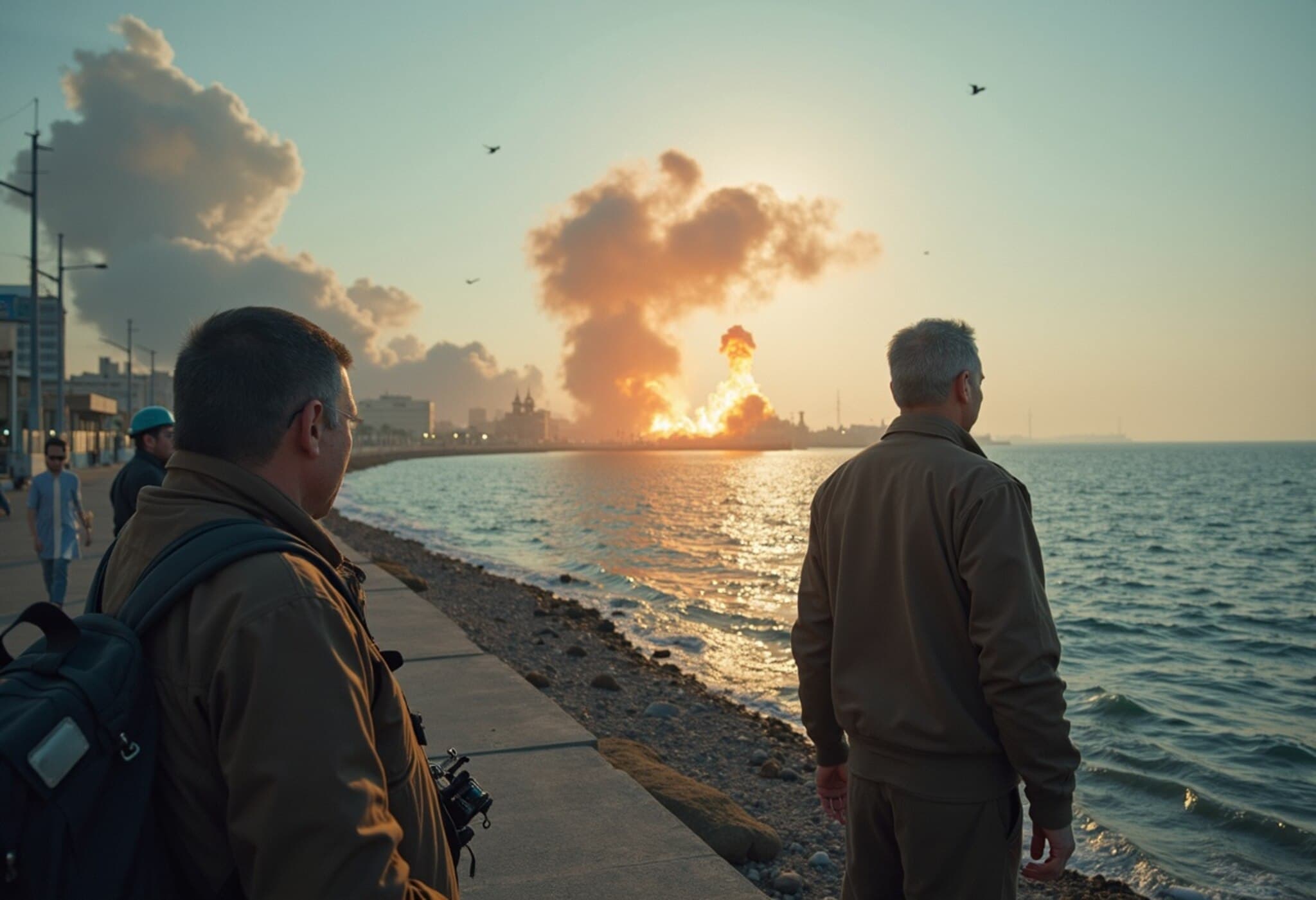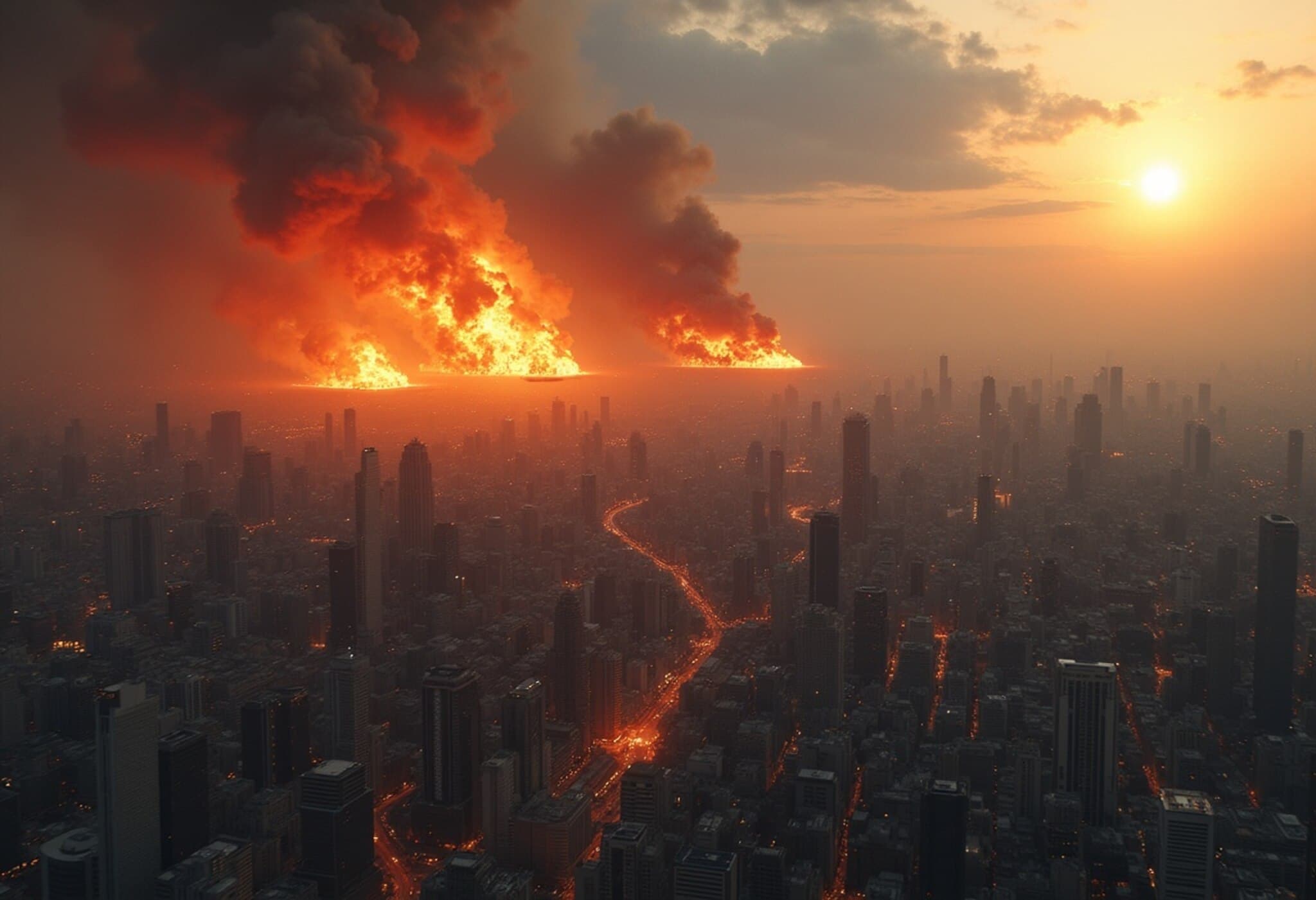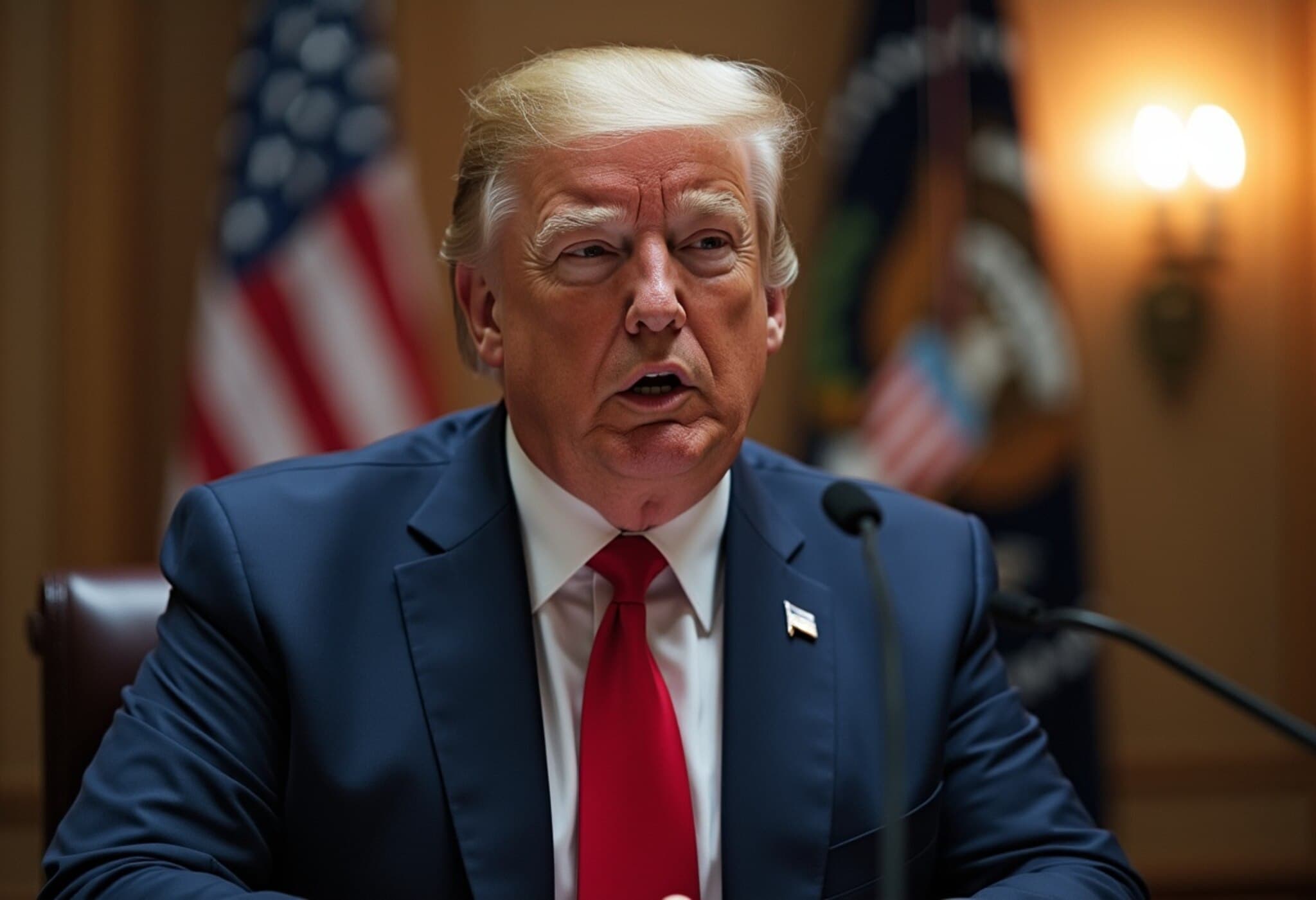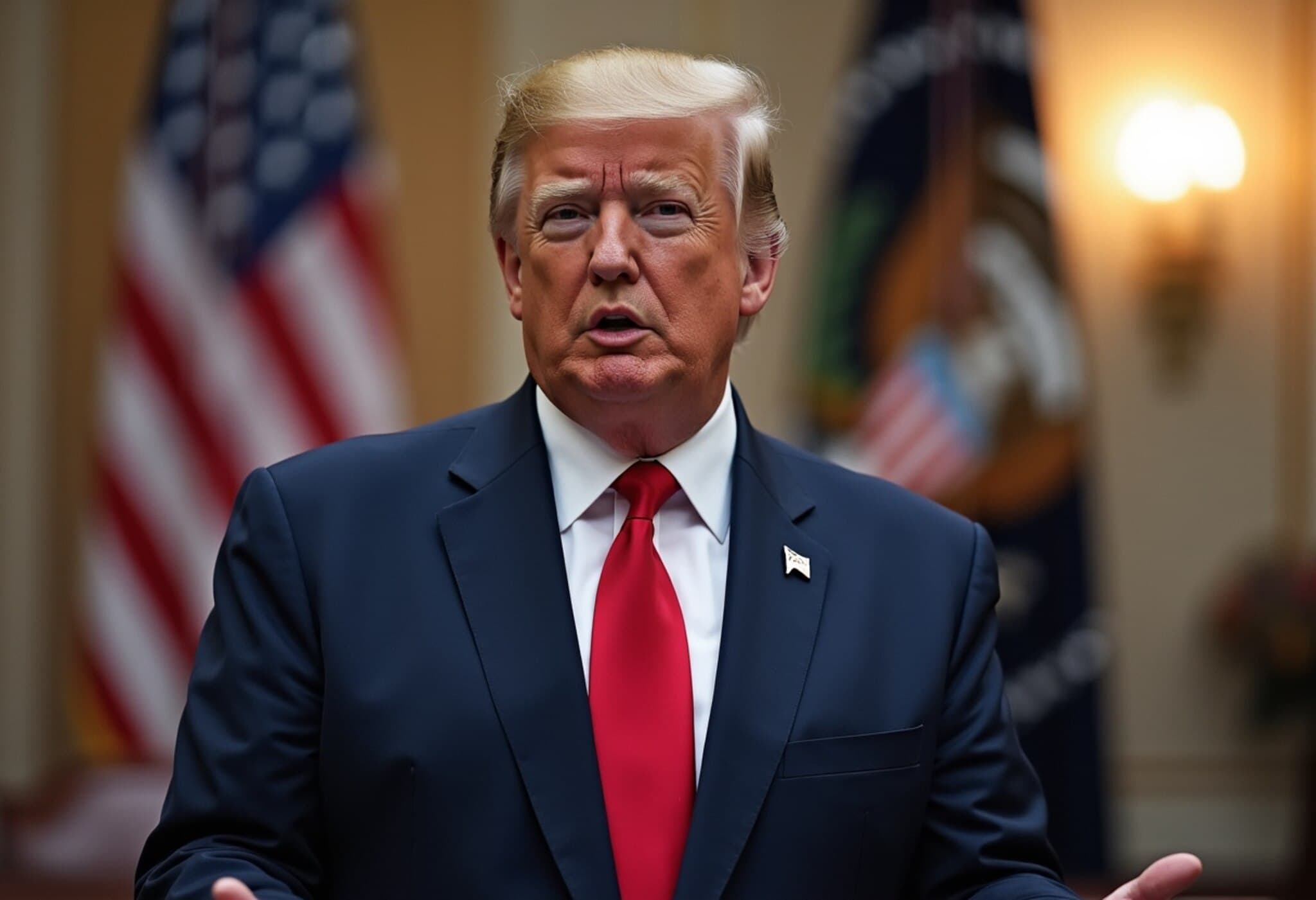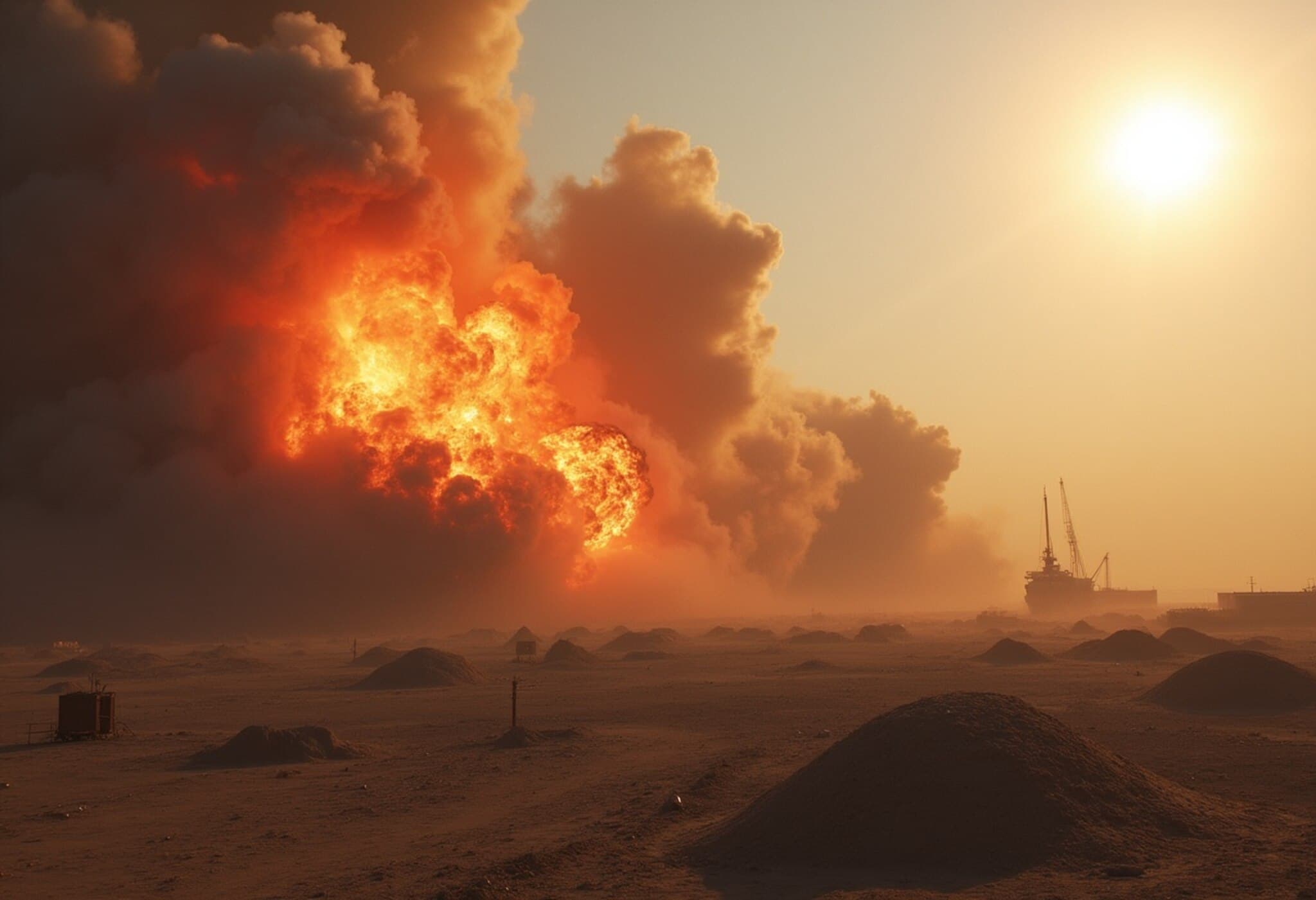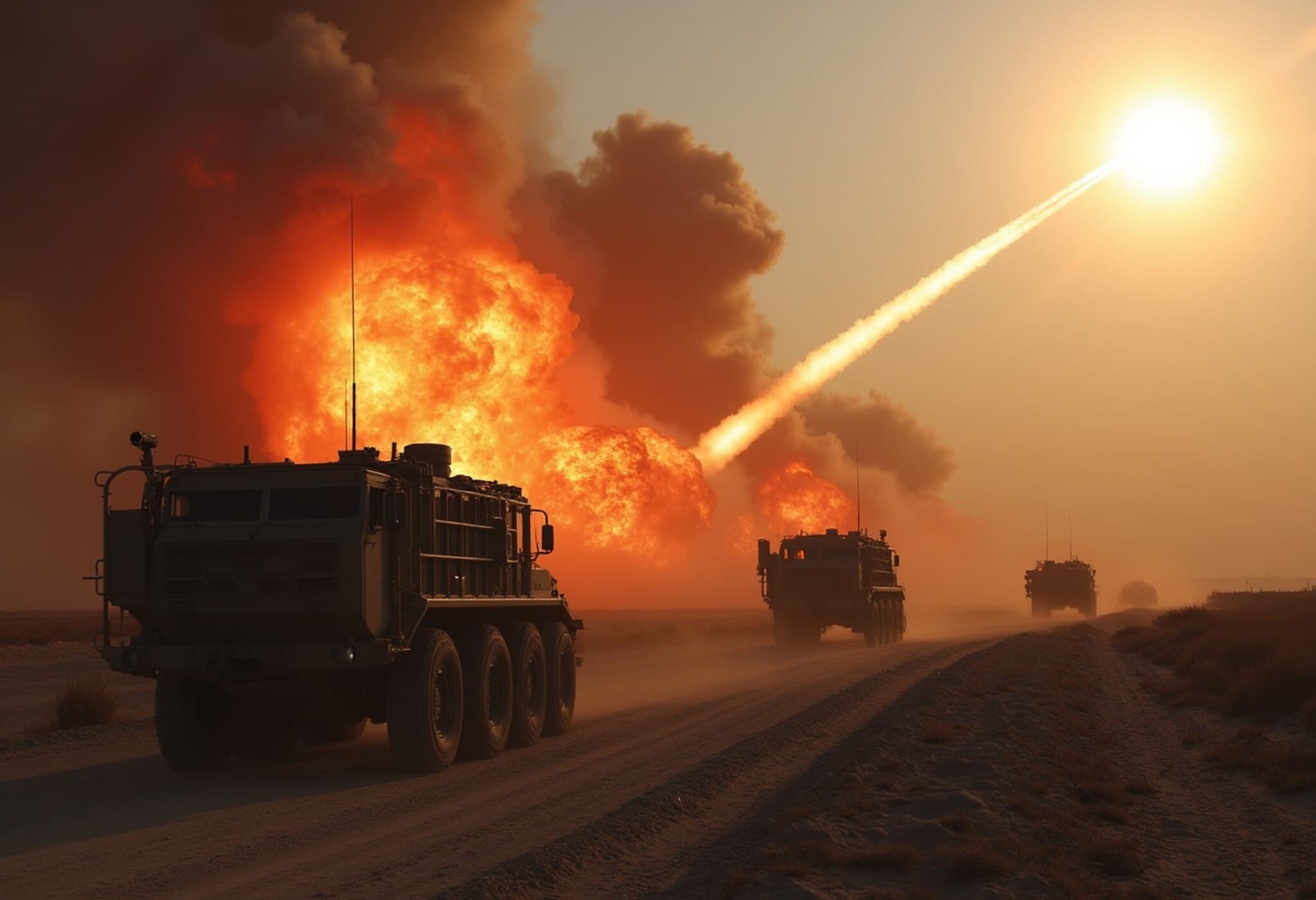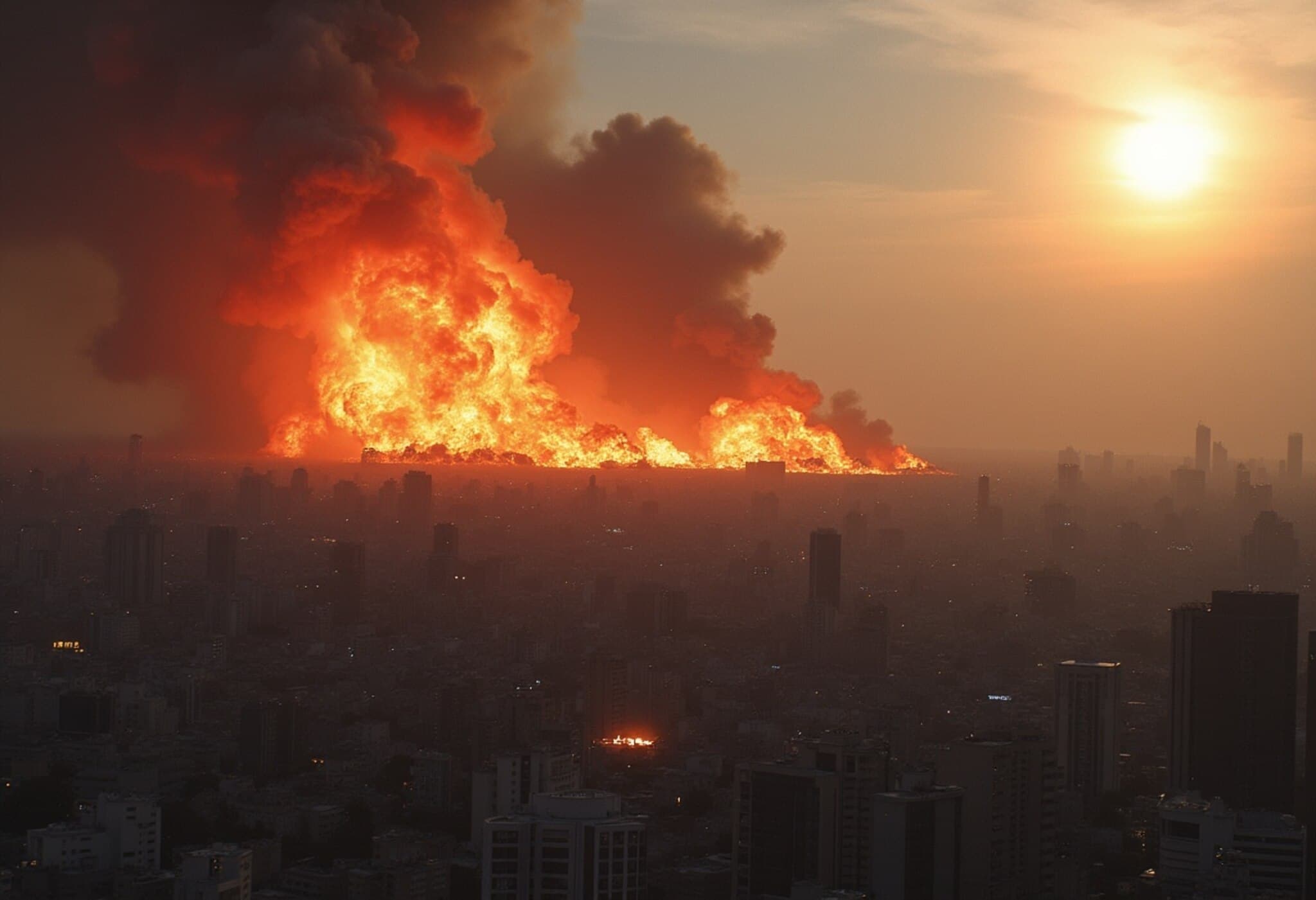Iran's National Security Council Considers Strait of Hormuz Closure Amid Rising Tensions
Amid escalating hostilities in the Middle East, Iran’s Supreme National Security Council is weighing the possibility of shutting down the Strait of Hormuz, a vital maritime chokepoint, following recent US airstrikes on Iran's nuclear facilities. This move comes after the Iranian parliament passed a measure authorizing the closure, signaling a significant escalation in regional tensions.
Why the Strait of Hormuz Matters
Located between Iran and several Gulf Arab nations, the Strait of Hormuz is one of the world’s most crucial energy transit corridors. Approximately 20% of the global oil and gas supply—including shipments from key producers like Saudi Arabia, Iraq, the UAE, Qatar, and Iran itself—passes through this narrow gateway each day. At its narrowest point, the strait spans just 33 kilometers, with shipping lanes only 3 kilometers wide in each direction, making it highly sensitive to disruption.
US Airstrikes Trigger Serious Response
The deliberations over closing the strait gained momentum after the US launched airstrikes on Iran’s nuclear sites, including the fortified Fordow enrichment facility. The strikes, reportedly involving a heavy payload of bombs, targeted key nuclear infrastructure such as Fordow, Natanz, and Esfahan.
Former US President Donald Trump publicly acknowledged the operations, describing the attacks as "very successful" and praising American forces for their role. He emphasized the unprecedented nature of the mission but also called for peace, stating, "NOW IS THE TIME FOR PEACE!" despite the show of military might.
Potential Global Impact of Closing the Strait
If Iran follows through with the closure, the consequences for global energy markets could be profound. The strait’s critical role in oil and gas transportation means its blockade could severely disrupt supplies, triggering economic ripple effects worldwide. This potential shutdown underscores the broader risks tied to the escalating conflict between Iran and the United States, as well as Israel’s involvement on the regional stage.
Regional and International Reactions
Tehran has warned of retaliatory actions against US forces stationed in the Middle East should further strikes occur. However, the US had reportedly deployed B-2 bombers capable of carrying "bunker buster" munitions in the area, heightening concerns about the outbreak of wider conflict.
The situation remains fluid, with no final decision yet made on the strait’s closure. Nevertheless, the growing rhetoric and military posturing illustrate the fragility of peace in one of the world's most geopolitically significant regions.
What Lies Ahead?
The coming days will be crucial in determining whether diplomatic channels can avert an economic and humanitarian crisis linked to any disruption in the Strait of Hormuz. Energy markets, policymakers, and international observers continue to watch closely as Iran's security council prepares to finalize its stance amid mounting pressures.

